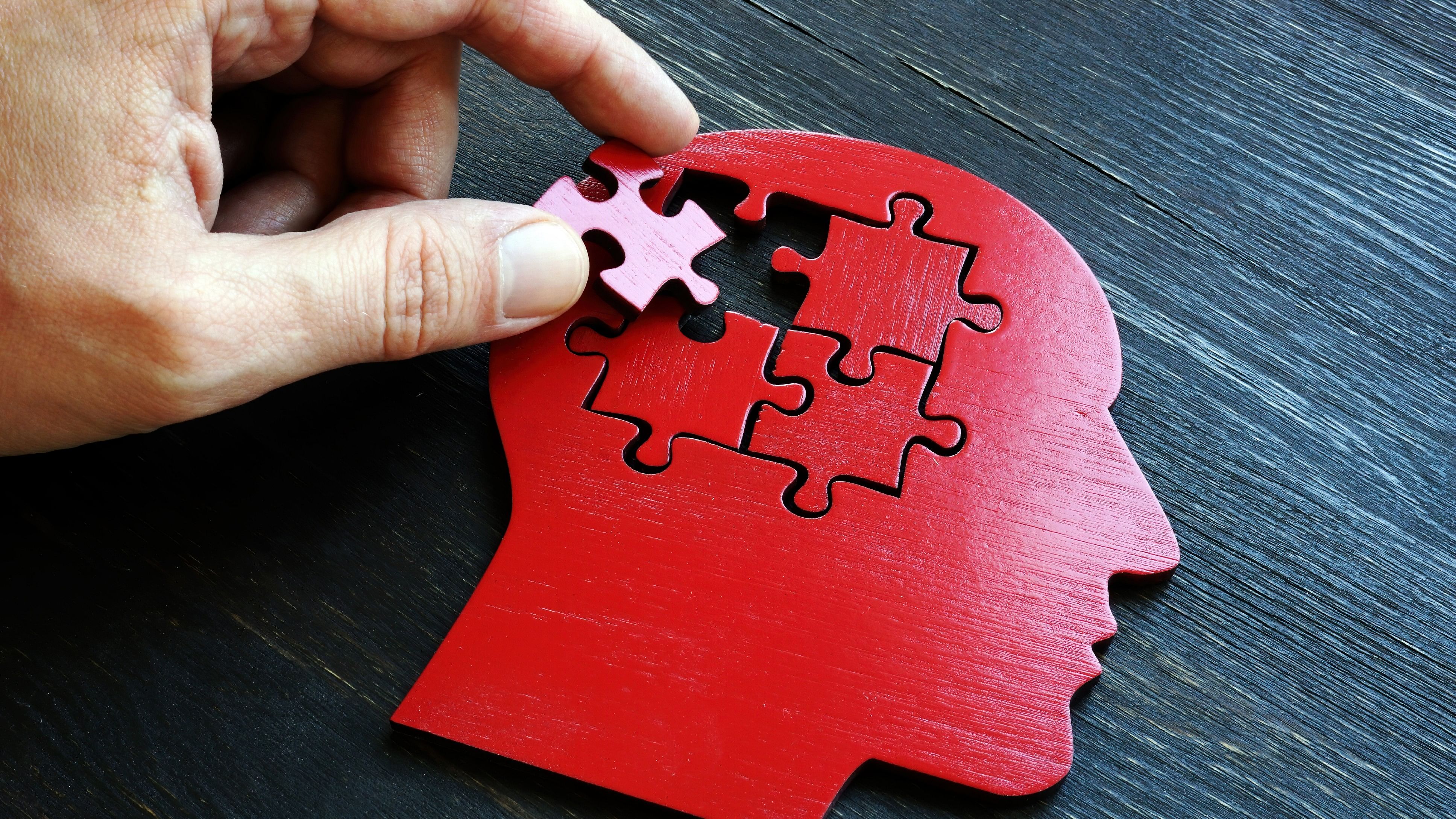
Representative Image.
Credit: iStock Photo
Karnataka will launch a dementia registry, the first of its kind in India, that will give a baseline of the number of dementia patients in the state and also help track their treatment and outcomes.
As of 2016, Karnataka had 5.05 lakh dementia patients and the number is expected to touch 9.4 lakh by 2036, according to the ‘Prevalence of Dementia in India’ study published this year. Despite the high prevalence, less than 5 per cent of the state’s affected population is estimated to be taking treatment.
The registry is a part of an upcoming Karnataka State Dementia Action Plan, that aims to double the diagnosis and treatment rates to around 10 per cent, says Dr Suvarna Alladi, professor of Neurology at Nimhans. The state government is collaborating with Nimhans and the non-profit Dementia India Alliance to create and implement the action plan.
“Under the Karnataka Brain Health Initiative (Ka-BHI), which the state government implements in three districts in collaboration with Nimhans, less than 5 per centof the population estimated to be affected, are coming for dementia diagnosis or treatment,” says Dr Alladi.
Under the action plan, the government will prioritise dementia care and allocate funds. “To develop local services, the government should have a baseline of the number of people affected in each district. This will indicate the number of people requiring different types of care, the number of doctors and specialists, number of daycare centres, etc.,” says Dr Alladi.
The registry will capture anonymised data on patients’ age, gender and severity of dementia. It will also track whether the patient and their caregiver has received the Care package, which includes CT scans, palliative care if needed, the contact of Tele-MANAS mental health helpline, awareness about the disease, etc. Hence, the registry will indicate if the allocated funds are actually used for service provision.
The Ka-BHI programme already has an IT platform that captures these details, and the state registry will be modelled similar to this, says Dr Alladi. Data will come from public and private health facilities across the state. “Lack of awareness about the disease among the community, as well as doctors, and lack of caregivers for patients are major challenges in ensuring treatment for dementia patients. The action plan aims to tackle these,” says Dr Rajani P, Deputy Director (Mental Health) at state Health department.